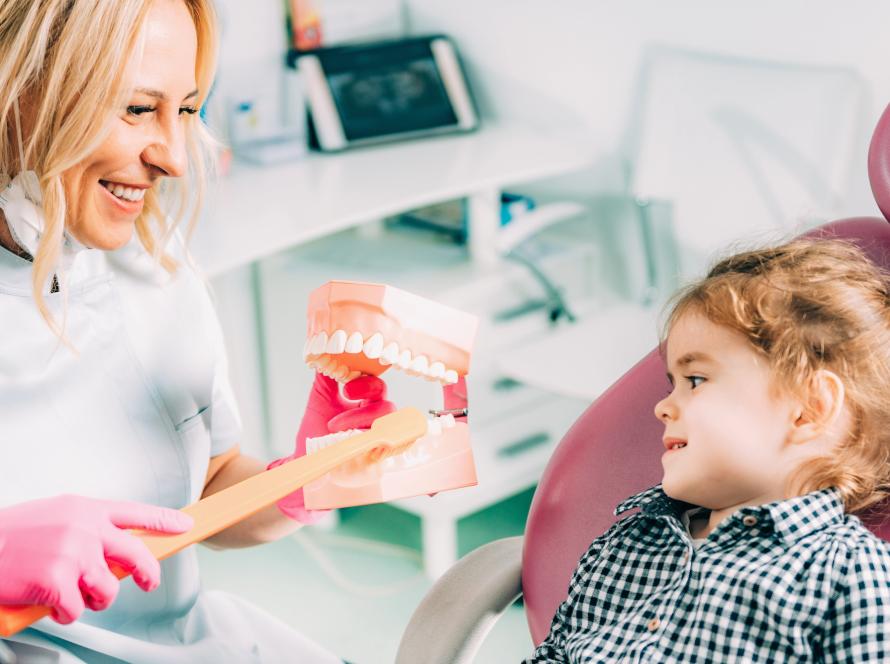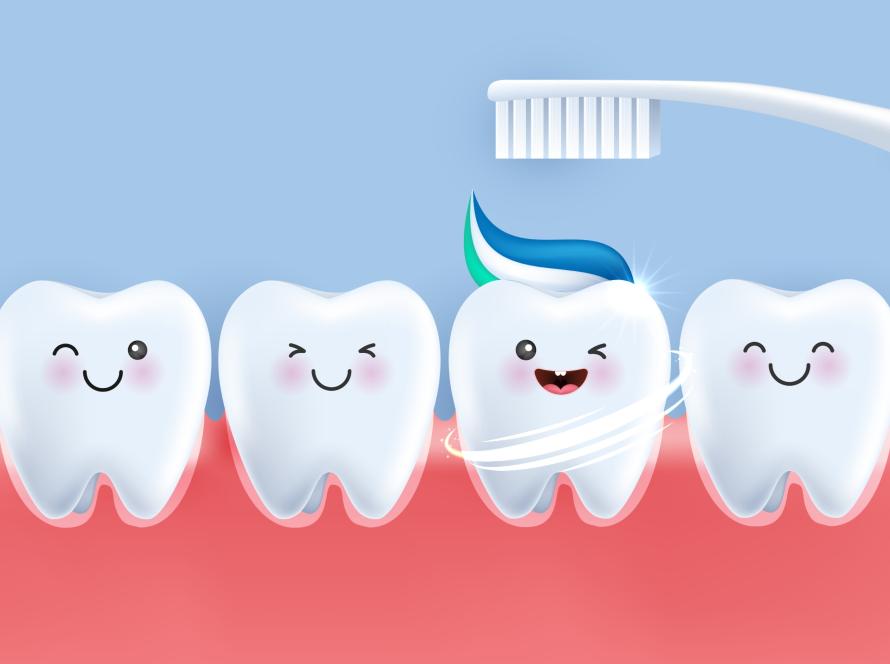Seeing blood when your toddler brushes or flosses can be alarming, but it’s a fairly common issue that many parents encounter. Bleeding gums in young children can stem from simple causes like teething or brushing too hard, but they can also signal the start of more serious gum problems if left unchecked. Understanding the causes, how to respond, and when to consult for professional advice is crucial for maintaining strong kids oral hygiene from an early age. Below, we explore key reasons for bleeding gums in toddlers and provide expert insight from Toronto Kids Dental to help parents keep their child’s smile healthy. (Source: Colgate, Toddlers and Bleeding Gums: What Should You Do?, March 14, 2019, https://www.colgate.com/en-us/oral-health/kids-oral-care/toddlers-and-bleeding-gums-what-should-you-do ).
Toddlers and Bleeding Gums: What Should You Do?
Bleeding gums in toddlers can be unsettling for parents. It’s often one of the first visible signs of potential oral health concerns. Causes can range from teething and improper brushing techniques to more serious conditions like gingivitis or infections.
Toronto Kids Dental comments, “One of the most common misconceptions we see is that bleeding gums are simply part of teething or ‘just happen.’ While teething can cause minor gum irritation, persistent bleeding signals a need to revisit kids’ oral hygiene routines and ensure a proper children’s dental checkup is scheduled. Early intervention keeps minor issues from turning into more serious gum disease.”
Why Are My Toddler’s Gums Bleeding?
Common culprits behind bleeding gums include plaque buildup, rough brushing, and infections. Without consistent oral hygiene, bacteria can collect and inflame sensitive gum tissue.
Toronto Kids Dental highlights, “Plaque control is the cornerstone of kids oral care. We encourage parents to monitor brushing closely—gentle technique with a soft-bristled brush is crucial at this age. Bleeding that’s tied to plaque can escalate if ignored, leading to early childhood gingivitis. Educating kids on good habits from the start makes all the difference.”
What to Do When You Notice Bleeding Gums
The best response is to maintain a strong brushing and flossing routine, use fluoride toothpaste, and avoid skipping oral care even if the gums seem sensitive. If bleeding continues, it’s essential to seek a dental evaluation.
Toronto Kids Dental shares, “Parents often feel torn between easing discomfort and sticking with brushing when gums are tender. Our advice: don’t pause oral care. Instead, adjust the approach—use a pea-sized amount of fluoride toothpaste and soft, circular brushing motions. Persistence is key, and a professional children’s dental checkup will help pinpoint any underlying problems.”
When to See a Dentist
If gum bleeding persists for more than a week, or if there are additional symptoms like swelling, persistent bad breath, or loose teeth, it’s time to see a dentist. These can be early signs of more serious gum disease or infections.
Toronto Kids Dental notes, “We cannot overstate the importance of early detection. A week of bleeding is too long without a professional evaluation. Kids’ oral hygiene is foundational to lifelong health, and gum issues are often the earliest indicator of trouble. Regular dental visits ensure we catch these concerns before they escalate into more complicated treatments.”
Preventing Bleeding Gums in Toddlers
Good prevention strategies include regular brushing and flossing, a balanced diet low in sugar, and consistent dental checkups. Building strong oral hygiene habits early is key to avoiding most gum issues.
Toronto Kids Dental expresses, “Prevention is always easier than treatment. We encourage parents to establish twice-daily brushing from the eruption of the first tooth and introduce flossing as soon as two teeth touch. Limiting sugary food items, snacks, and drinks is equally important. Long-term kid’s oral care success starts at home and is supported by regular professional cleanings.”
Could It Be Something More Serious?
In rare cases, bleeding gums may be linked to underlying health conditions such as vitamin deficiencies or systemic illnesses. When gum issues don’t respond to good oral hygiene, further medical evaluation may be needed.
Toronto Kids Dental mentions, “Bleeding gums are typically linked to local oral hygiene, but in rare cases, systemic health plays a role. Persistent, unexplained bleeding warrants a deeper look—not just at kids’ oral hygiene, but overall wellness. Collaboration between dental and medical professionals ensures nothing is overlooked, keeping your child’s health on the right track.”


